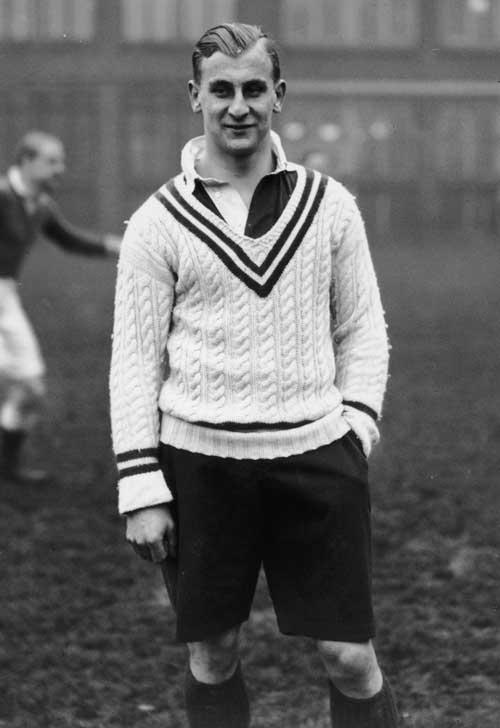Obolensky’s try is so deeply embedded in my memory that I feel I must have seen it. Yet it took place at Twickenham on 4 January 1936, 23 months before I was born. The exiled Russian prince actually scored two tries that day in England’s 13-0 victory, the first ever inflicted on the All Blacks on English soil.
The legend of the Flying Prince
Donald Trelford's column
Also in News
- Spain wants Britons to show they have 113.40 euros, £97, per day for their holidays
- Big changes on the horizon when Britons travel to Mallorca
- Over two hours for Britons to get through Palma airport queues
- Palma Airport passport control "collapse" put down to unscheduled flights
- Living in a motorhome in Palma: "It'll only get worse"


No comments
To be able to write a comment, you have to be registered and logged in
Currently there are no comments.